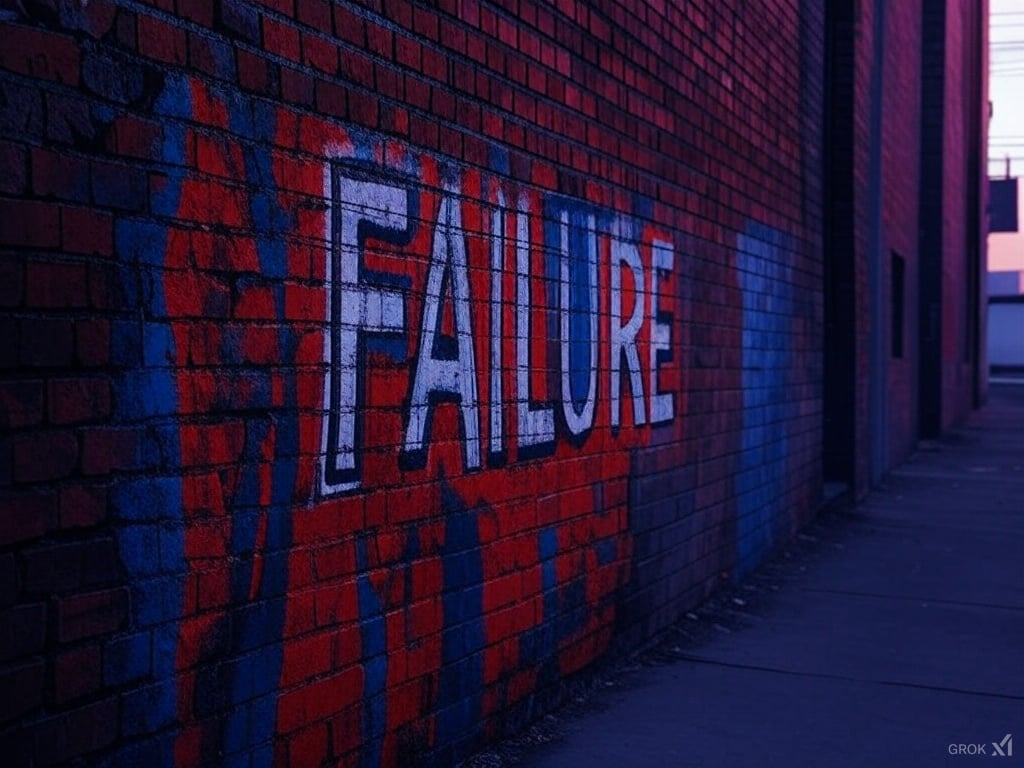Embracing Failure

Embracing Failure
Success can be a double-edged sword. While achieving our goals and maintaining forward momentum feels wonderful, it can inadvertently make us more vulnerable to the emotional impact of failure. This paradox became clear to me recently when a minor setback affected me more deeply than seemed warranted by the circumstances.
The Success Trap
When we experience a prolonged period of success, we can become unaccustomed to dealing with failure. Like an unused muscle, our resilience to setbacks can weaken, making even minor failures feel overwhelming. This realization led me to an unconventional solution: Deliberately seeking out opportunities to fail in a controlled, safe environment.
Intentional Failure as a Growth Strategy
The concept might seem counterintuitive at first – why would anyone want to fail on purpose? However, this approach offers several benefits:
- It helps normalize failure as a natural part of life
- It provides opportunities to practice recovery in a low-stakes environment
- It builds emotional resilience through gradual exposure
- It reduces the fear and anxiety associated with potential failure
Practical Implementation
To incorporate this strategy into your life, consider:
- Learning a new skill that challenges you
- Attempting activities outside your comfort zone
- Engaging in pursuits where failure is a natural part of the learning process
- Setting stretch goals that push your boundaries
The key is to choose activities where failure has minimal consequences but provides maximum learning opportunities.
Reframing Your Relationship with Failure
This approach isn't just about becoming more comfortable with failure – it's about fundamentally changing how we view it. Instead of seeing failure as something to avoid at all costs, we can begin to see it as:
- A natural part of growth and learning
- An indicator that we're pushing our boundaries
- A valuable source of feedback and insight
- A normal part of everyday life
Moving Forward
The goal isn't to become indifferent to failure but rather to develop a healthier, more balanced response to it. When we understand that failure is not a reflection of our worth or capabilities but simply a natural part of living and growing, we can approach challenges with greater confidence and resilience.
Consider these questions as you reflect on your own relationship with failure:
- How do you typically respond to setbacks?
- What areas of your life could benefit from more exposure to controlled failure?
- What new skills or activities have you avoided due to fear of failure?
- How might your life change if you viewed failure as a normal, acceptable part of growth?
By intentionally exposing ourselves to failure in safe, controlled ways, we can build the emotional resilience needed to handle larger setbacks when they occur. This approach doesn't diminish our drive for success; rather, it enables us to pursue our goals with greater confidence and reduced fear of failure.
Remember: The goal isn't to fail more often but to respond to failure with greater emotional equilibrium when it does occur. By changing our relationship with failure, we can remove one of the biggest obstacles to personal and professional growth – the fear of not succeeding.